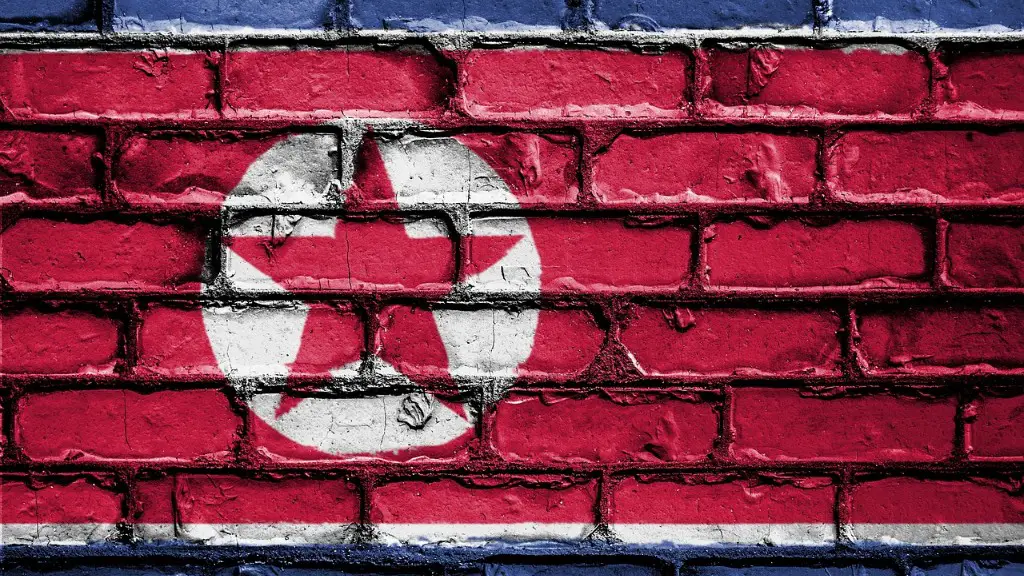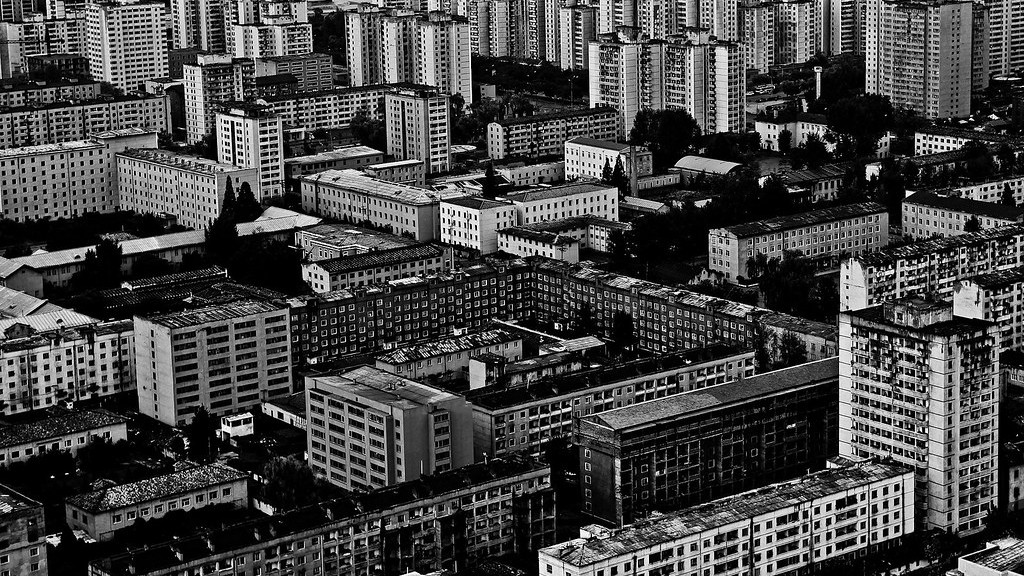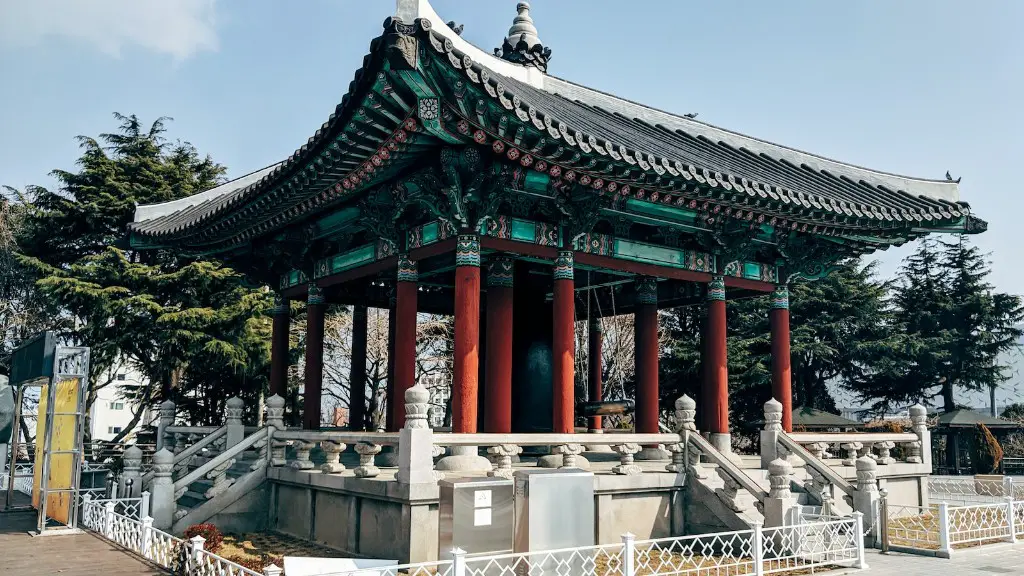Overview
North Korea, officially known as the Democratic People’s Republic of Korea (DPRK), is a country located in East Asia. It is a single-party state, which governs its citizens with a highly centralized system of government. North Korea has been under the complete control of the Workers’ Party of Korea since its foundation in 1948, and has been led by a single head of state from the Kim family since its establishment. Despite being a totalitarian state with a highly centralized government, North Korea has no significant formal constitutional principles and operates without judicial review. This article will explore in detail North Korea’s type of government, the history behind it, and its implications.
Totalitarianism
North Korea operates under the rule of a totalitarian system, where the government exercises complete control over almost all aspects of people’s lives. This includes control over the economy, decisions of public institutions, and most importantly, political life. People are not allowed to express any dissent against the government or its policies, or to form any organizations that oppose the government. As a result, the ability of North Koreans to exercise their human rights is severely restricted. All media is censored and there is little freedom of movement, with citizens not allowed to leave without express permission from the government.
Non-Democratic Rule
The government in North Korea is highly centralized, without any independent constitutional principles or an independent judiciary. It is not a democratic government and it does not hold elections. Instead, the Workers’ Party of Korea determines the country’s leadership, and positions of power are held exclusively by its members. The current head of state and leader of the country, Kim Jong-un, was appointed to power in 2011 after the death of his father, Kim Jong-il.
Legitimacy and Lack of Representation
North Koreans are not allowed to elect their leaders and this has led to questions about the legitimacy of the government. Furthermore, the lack of representation within the government means that the citizens have no way of influencing their leaders or having their concerns addressed. Human rights organisations have criticised the government’s lack of representation, arguing that the lack of democracy undermines the rule of law, and increases the likelihood of human rights abuses.
Implications For International Relations
The international community has repeatedly raised concerns about North Korea’s type of government, its lack of democracy, and its human rights record. This has led to increased pressure on the North Korean government to reform, particularly on issues such as the country’s nuclear weapons programme. In recent years, the North Korean government has sought to improve its relationship with other countries, but the international community remains wary of its type of government and its lack of democracy.
Effects On Citizens
The lack of democracy and freedom of speech have had a major impact on the lives of North Koreans. People are denied basic human rights and are unable to express themselves freely. This has led to an atmosphere of fear, with people unwilling to speak out against the government or criticise its policies. This environment has stifled any attempts to form a civil society and has had a negative impact on economic development.
Conclusion
North Korea has been under the rule of a single-party, totalitarian government for more than 70 years and this has had major implications for the country and its citizens. The lack of democracy and freedom of speech has led to human rights abuses, a climate of fear, and a stifling of economic development. Furthermore, the government’s lack of representation has severely limited citizens’ ability to influence their leaders or have their grievances addressed. The international community has called on North Korea to establish a more democratic form of government, but it remains to be seen if the country will make any significant changes to its type of government.
Effects On Economy
The North Korean government’s strict control over the economy has had a major impact on the country. The government controls all aspects of the economy, from production to pricing, and does not follow traditional economic principles such as supply and demand. It also does not adhere to international trade principles, resulting in economic stagnation. The economic system also encourages corruption and inefficiency, and places a major burden on the people to supply the state with resources.
Living Conditions For Citizens
The government’s control over the economy has led to poverty and deprivation for many citizens. A large portion of the population are unable to provide for themselves, and depend on the government for their basic needs. Despite efforts to improve the quality of life of citizens, there are still significant disparities between citizens and the government. The UN estimates that North Korea is one of the poorest countries in the world, with more than 80% of the population living in poverty.
Openness To New Ideas
The government has adopted a more open attitude towards the outside world in recent years, allowing more access to foreign media and the internet. This has allowed North Koreans to seek out alternative sources of information and to become more aware of the world outside the country. It has also encouraged debate and discussion amongst citizens, allowing them to express their opinions more freely. This openness to new ideas has had a positive influence on the country, and has helped to create an atmosphere of optimism.
International Pressure
The international community has repeatedly expressed its concern about the lack of freedom and democracy in North Korea. This has led to increased pressure on the North Korean government to improve its human rights record, particularly in the area of freedom of expression. The government has responded by introducing more tolerant policies towards the media and the internet, but there is still a long way to go before the country can be considered a truly democratic state.


